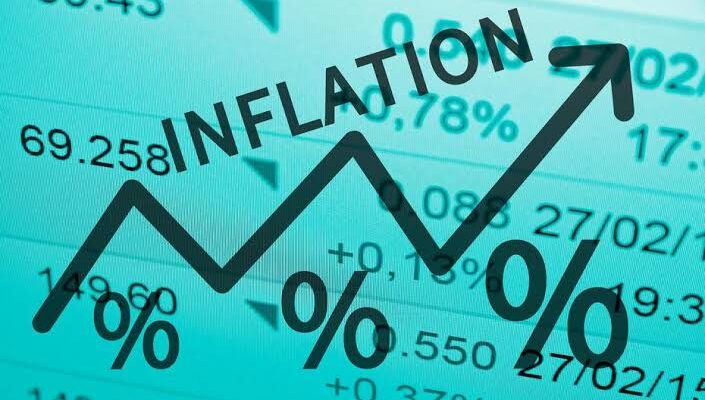
Nigeria’s inflation rate has continued to rise as the Consumer Price Index (CPI) which measures inflation increased to 18.17 per cent (year-on-year) in March.
This is 0.82 per cent points higher than the rate recorded in February (17.33 percent), which makes it the highest reported in four years since April 2017.
The National Bureau of Statistics disclosed the new figure in its CPI March 2021 report released on Thursday.
Increases were recorded in all Classification of Individual Consumption by Purpose (COICOP) divisions that yielded the Headline index, the report said.
On a month-on-month basis, the Headline index increased to 1.56 per cent in March, indicating 0.02 per cent points higher than the rate recorded in the previous month which was 1.54 per cent.
The percentage change in the average composite CPI for the twelve months period ending March 2021, over the average of the CPI for the previous twelve months period, was 14.55 per cent, representing a 0.50 per cent point higher than the 14.05 per cent recorded in February.
Similarly, the urban inflation rate increased to 18.76 per cent (year-on-year) in March 2021 from 17.92 percent recorded in February.
The rural inflation rate, on the other hand, now stood at 17.60 per cent in March 2021 from the 16.77 per cent reported last month.
The urban index, on a month-on-month basis, rose to 1.60 per cent in March, representing an increase of 0.02 per cent compared to the rate recorded in February, while the rural index also rose to 1.52 per cent in March, up by 0.02 compared to the 1.50 per cent rate that was recorded in the previous month.
According to the NBS report, the corresponding twelve-month year-on-year average percentage change for the urban index is 15.15 per cent in March.
The agency noted that this was higher than the 14.66 per cent reported in February, while the corresponding rural inflation rate in March was 13.99 per cent compared to 13.48 percent recorded in February.
It revealed that the composite food index rose to 22.95 per cent in March compared to 21.79 per cent in February.
On a month-on-month basis, the food sub-index increased to 1.90 per cent in March, up by 0.01 per cent points from 1.89 per cent recorded in February.
“This rise in the food index was caused by increases in prices of bread and cereals, potatoes, yam and other tubers, meat, vegetable, fish, oils and fats, and fruits.
“The average annual rate of change of the Food sub-index for the twelve-month period ending March 2021 over the previous twelve-month average was 17.93 per cent, 0.68 percent points from the average annual rate of change recorded in February 2021 (17.25) percent,” the report said.

Comments